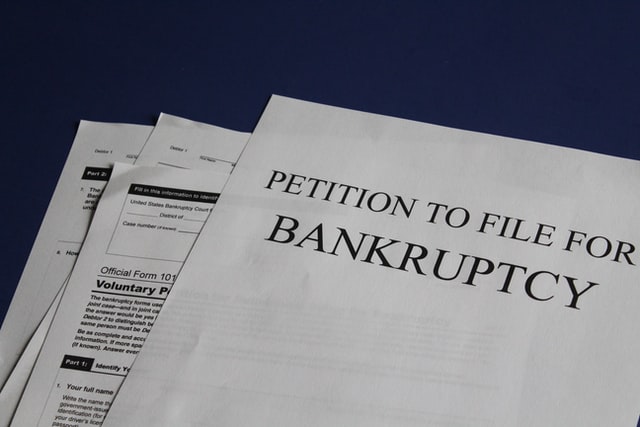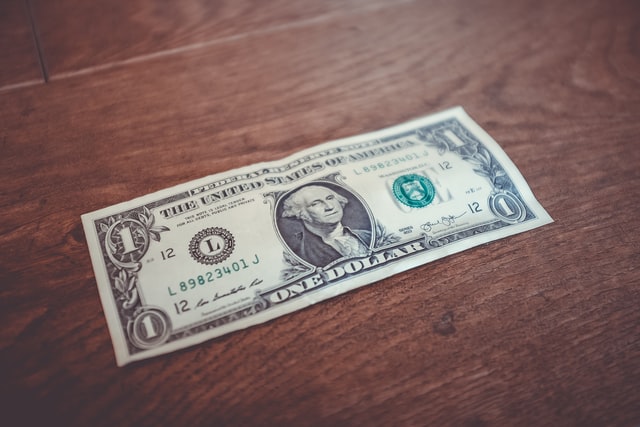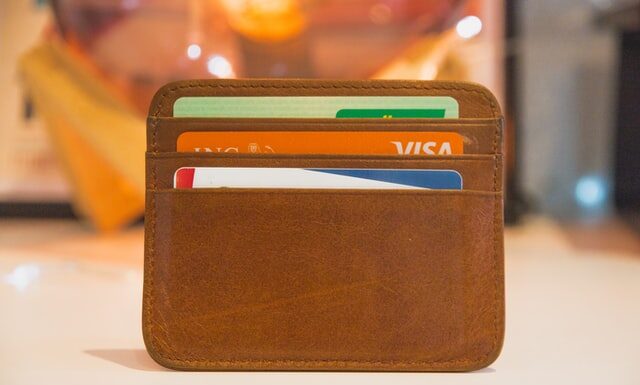The judgment is a court order showing that you owe the balance to your creditors. In the event that you are unable to pay your debt on time, creditors can use their judgments to try to regain their personal property or change their salary to pay the debt. Can you file bankruptcy on court judgements?
Does the judgment concern non-recoverable debt?
A good starting point to determine if you still have a judgment is whether the underlying debt is not repayable. Non-recoverable debts include:
- student loans (with exceptions)
- child support or maintenance obligations for the spouse
- debts to government entities (fines, taxes, court fees, reimbursement in criminal cases, etc.), and
- death certificates or injuries sustained as a result of drunk driving.
If the basis of the judgment does not fall into any of the categories that are not automatically discharged, do not assume that you have no idea yet. However, other types of debts may not be refundable if the creditor objects.
The procedure that the creditor must follow to ask the court to declare that a debt that is not usually remitted is to file an adversary in the bankruptcy court. The following types of debts often cause an opponent to file a lawsuit:
- injuries caused by intentional or malicious action such as assault
- fraud used to obtain money, goods or services, such as applying for a loan or
- a fraud committed in trust, such as embezzlement while being a trustee or guardian.
If the judgment does not apply to these categories and the creditor does not object to the discharge, you can enforce the court judgment in Chapter 7 bankruptcy (but there may still be a pledge – see below).

Can you file for bankruptcy in connection with the judgment?
Because judgment can cause so much damage to your creditworthiness, many people wonder if there is a way to explain it quickly.
Many experts will recommend filing for bankruptcy, but does bankruptcy completely explain the sentences?
Filing for bankruptcy releases you from any personal obligations, including debts to creditors. However, it should be remembered that after the judgment and the pledge on the property, the bankruptcy will not be able to remove the pledge.
You can ask your bankruptcy lawyer to apply to the court to annul the lien on your property. But it’s best to handle the judgments before they are attached to the property.
How bankruptcy stops debt collection activities?
Depending on the state laws, the creditor of the judgment will likely be able to use the judgment to receive a salary or bank account (funds will be collected without your permission), and even take over and sell your property. When you file for bankruptcy, an automatic stay – a court order – will stop such attempts to recover.
After successfully completing the bankruptcy in Chapter 7 or the case in Chapter 13, you’ll probably remove the creditor’s right to collect debts.












